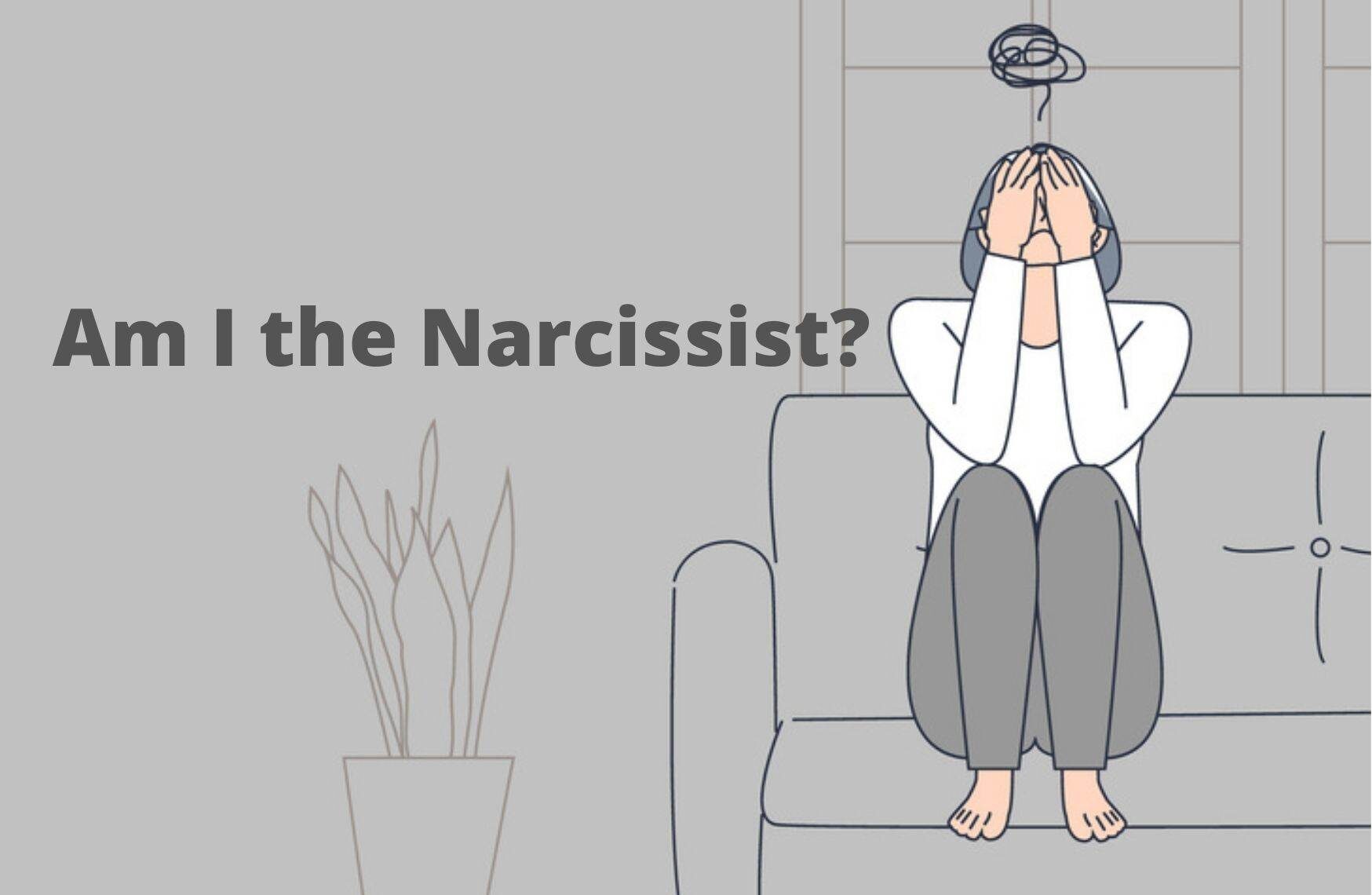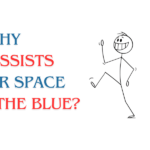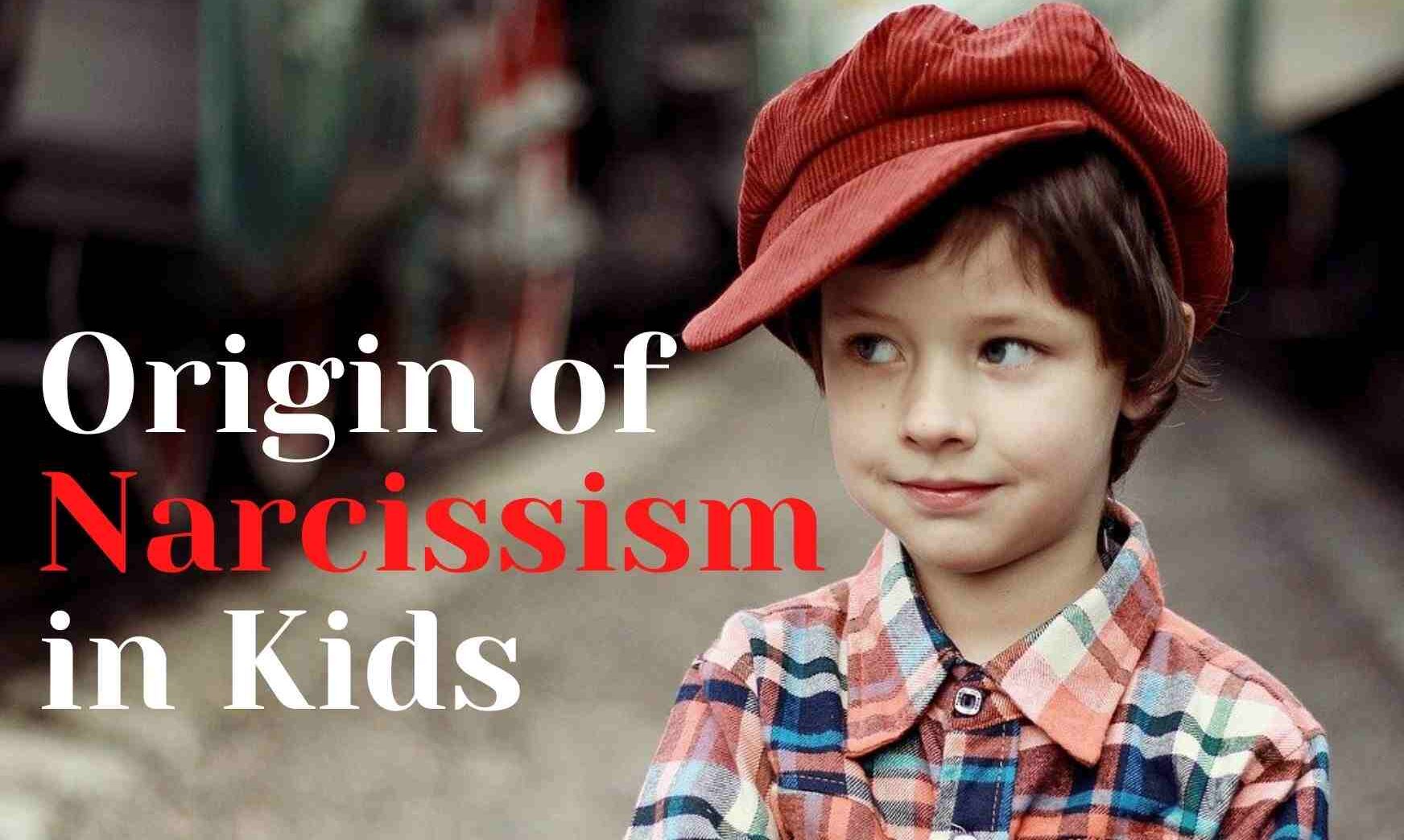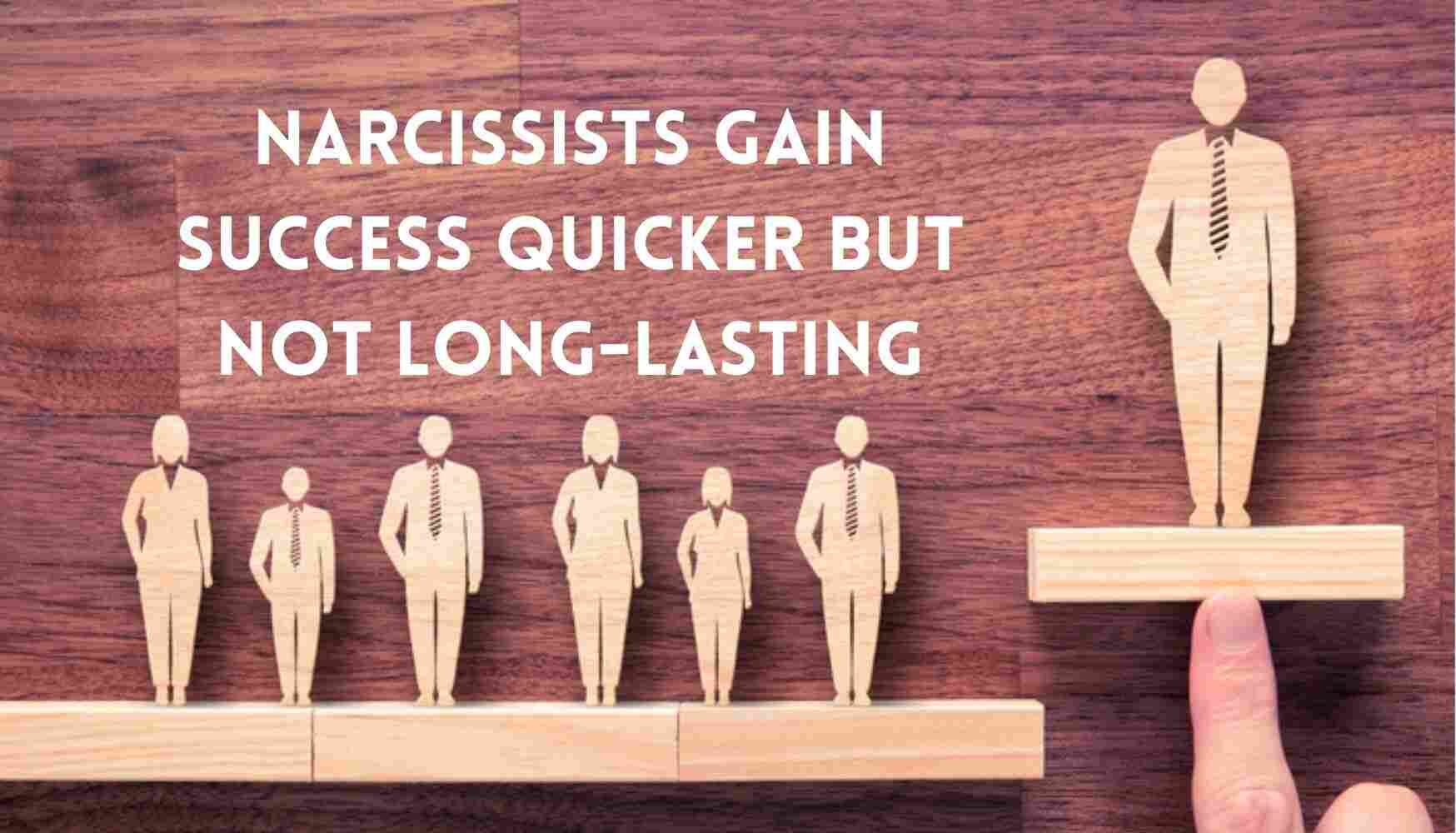
Am I a narcissist in a Relationship? 7 Reasons you’re not
For the most part, you are not a narcissist in a relationship if you think you are one. However, to check that, you must confirm things that you did in the past or do right now. This article will ensure you get that done effectively. Firstly and foremostly, does a narcissist know they are the narcissist in the relationship? A study shows that narcissists do have insights into their narcissistic personality traits. Their self-pride, lack of empathy, and high self-esteem choose to ignore the flaws and be proud of them. So, if you are the one who does not want to be a narcissist but highly doubts “am I a narcissist” in the relationship, you’re not. To assure that, proceed further into this article Why do I feel like I am a narcissist? Narcissists are good manipulators and gas lighters who can manipulate people or things in a way that their actions do not affect their credibility among others. So, narcissists gaslight you before you even have an idea of accusing them of their actions. This makes you feel that you were the reason for their actions. As a result, you have to take responsibility for a narcissist’s action, which in turn makes you feel like you’re the narcissist. Having self-awareness, doing self-study, and taking responsibility for your actions are the things that narcissists aren’t capable of. If you ever feel like you are a narcissist, do a self-evaluation by answering the questions below. 1. Who discarded first? If you haven’t known about narcissism before and fell right into the narcissistic trap, you cannot be the one who discards the partner first without experiencing any abuse. The discarding is a crucial narcissistic tactic followed by every narcissist to initiate the abusive patterns. Why do narcissists discard you? Narcissists intentionally discard you to initiate the abusive patterns in a relationship, as well as in search of another source of validation and attention. So, if you are the one thinking you are the narcissist, be sure of who initiated the abuse by discarding it. You are probably not a narcissist if you haven’t discarded it first. 2. Who constantly got hurt after every conversation? Having a conversation with a narcissist can be exhaustive and tough. You might have heard that “A healthy conversation is a key in a relationship” But it doesn’t work in the narcissist relationship. Why narcissistic partners cannot have a healthy conversation? Narcissists can’t have a healthy conversation as they don’t hold the accountability for their doings and blame-shift them to protect their self-pride. The lack of accountability in a narcissist causes the victims to believe the fault was theirs. This, in turn, hurts the victim at the end of every conversation with a narcissist. So, remember, if you are the one who got hurt while being in an abusive phase, you might not be a narcissist. Give a Read: Abusive Patterns of Narcissists 3. Who apologized at every end of a conversation? Followed by getting hurt in a conversation with a narcissist, you might end up apologizing to them. The fear of losing the relationship and the guilt for things that you don’t need to take responsibility for will push you to apologize to the narcissist. The narcissist wants their partner to apologize to feel entitled at the end of the conversation. It is always the narcissist who will hold the upper hand in the conversation during the abusive phase of a narcissistic relationship. Do narcissists ever apologize to their partners? Narcissists do apologize only when they feel like the victim is getting better after the abusive relationship. They use the apology as a hoovering tactic to pull the victim back into the narcissistic relationship. As their elevated self-pride does not allow them to apologize, narcissists often come up with the phrase “I’m sorry that you felt that way”, which again gaslights the victim. So, if you have no intention to hoover your partner by apologizing but to save the relationship, you are in the good end. 4. Who doesn’t care if one of you got hurt? Narcissists have no empathy for others, even for their partners but seek constant validation and care from empathetic people. Narcissists envy your empathy, kindness, and seek to destroy the good qualities in you. That is why narcissists abuse their partners to feel entitled for gaining the power to control others. So, a narcissist typically ignores or takes no responsibility if their partner gets hurt, whereas others care about their partner’s emotions and mental health. This apprehends that you possess no traits of narcissism if you care about your partner. Give a Read: 6 Types of people who make the narcissistic relationship long-lasting 5. Who separates friends and family from life? Narcissists tend to isolate the victims from their friends and family. They want the victim to be vulnerable enough so that he/she wouldn’t reach out to someone for help or report about the abuse they’re going through. Although not every narcissist is capable of successfully isolating you from the family, they can go far in doing such acts. Why do narcissists isolate you from friends and family? Narcissists fear their dark triad personality getting exposed to society. They become hysterical and more abusive if they get accused of their malicious act; which is why they isolate the victim from their family and supporters. Narcissists could not bear shame and accusations as they destroy their bloated self-esteem. Therefore, if you do not intend to separate your partner and family, stop doubting you are the narcissist in the relationship. 6. Do you care about your partner’s life? Anyone who is in love cares for their partner’s health, mental stability, goals, and dreams. But, in the case of a narcissist, they do not care about their partner’s life. It is always about them who should have the best in the narcissistic relationship. On the other hand, if you are indeed successful, the narcissists begin…















